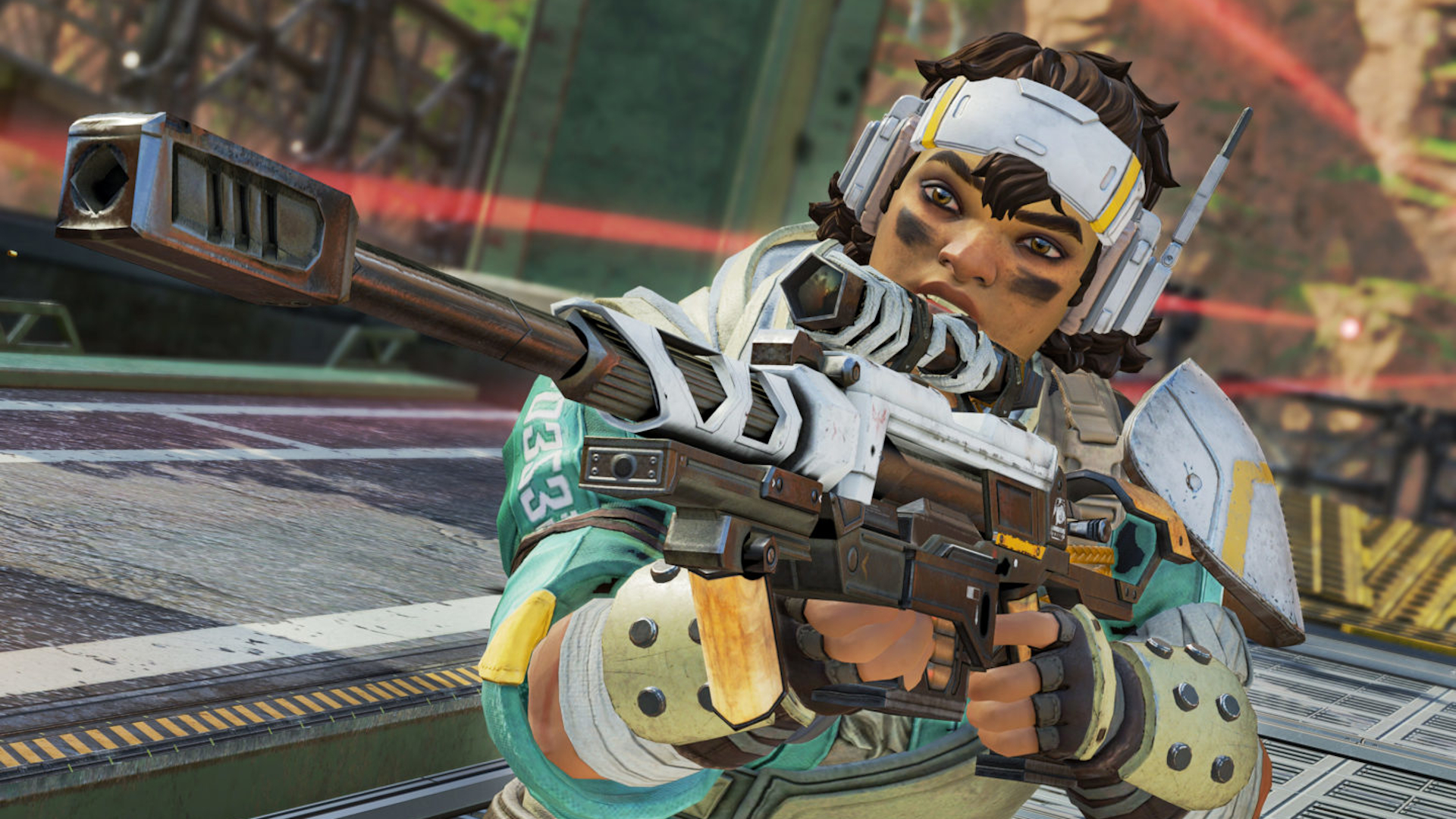As PC gaming's war on cheating rages, EA explains why it's making its own anticheat: 'Cheat developers have increasingly moved into the kernel, so we need to have kernel-mode protections'
EA anticheat arrives in Battlefield 2042 next month.

EA is moving away from its longtime anticheat partner Easy Anti-Cheat in favor of an internally developed kernel-level anticheat software. The software, which the company is simply calling "EA anticheat," will be implemented first in Battlefield 2042 when Season 6 arrives in October.
The decision follows in the footsteps of other major game studios that have opted to develop their own anticheat solutions instead of using off-the-shelf services like EAC or BattleEye. Riot introduced its own Vanguard software at the launch of Valorant in 2020, and in 2021 Activision developed Ricochet, a proprietary anticheat solution active in all current Call of Duty games.
EA's reasoning for flying solo with anticheat? More control over how it works, and faster updates.
"Third party anti-cheat solutions are often opaque to our teams, and prevent us from implementing additional privacy controls or customizations that provide greater accuracy and granularity for EA-specific game modes," the company wrote in a FAQ published today. "With EA anticheat we have full stack ownership of the security and privacy posture, so we can fix security issues as soon as they may arise."
As is the case with every anticheat software mentioned so far, EA's proprietary anticheat will run at kernel-level on your PC, granting it deep access to your machine's operations that makes some players uneasy about security. When Riot announced Vanguard, the company caught flak for requiring that the software stay running in the background at all times, even when you're not playing a game.
EA's anticheat will not run at all times—it'll only be active while you're playing an EA game—but the studio did address the decision to go kernel-level.
"PC cheat developers have increasingly moved into the kernel, so we need to have kernel-mode protections to ensure fair play and tackle PC cheat developers on an even playing field."
Keep up to date with the most important stories and the best deals, as picked by the PC Gamer team.

As for the fair concerns around inviting another kernel-level software into your machine, EA says it's committed to "ensuring our software does not cause any security vulnerabilities."
"But don’t just trust our word on this," the FAQ continues. "We’ve also worked with independent, third party security and privacy assessors to validate EA anticheat does not degrade the security posture of your PC and to ensure strict data privacy boundaries."
The company also clarified that no, the software is not designed to track browsing data, personal files, or anything else irrelevant to its purpose, and uninstalling the associated game will also uninstall the anticheat software.
The announcement does not mention any other games that'll use EA anticheat, but it's a reasonable assumption that Battlefield 2042 represents a test run. If EA anticheat works, I'd expect it to make an appearance in the publisher's more popular free-to-play FPS Apex Legends.

Morgan has been writing for PC Gamer since 2018, first as a freelancer and currently as a staff writer. He has also appeared on Polygon, Kotaku, Fanbyte, and PCGamesN. Before freelancing, he spent most of high school and all of college writing at small gaming sites that didn't pay him. He's very happy to have a real job now. Morgan is a beat writer following the latest and greatest shooters and the communities that play them. He also writes general news, reviews, features, the occasional guide, and bad jokes in Slack. Twist his arm, and he'll even write about a boring strategy game. Please don't, though.

